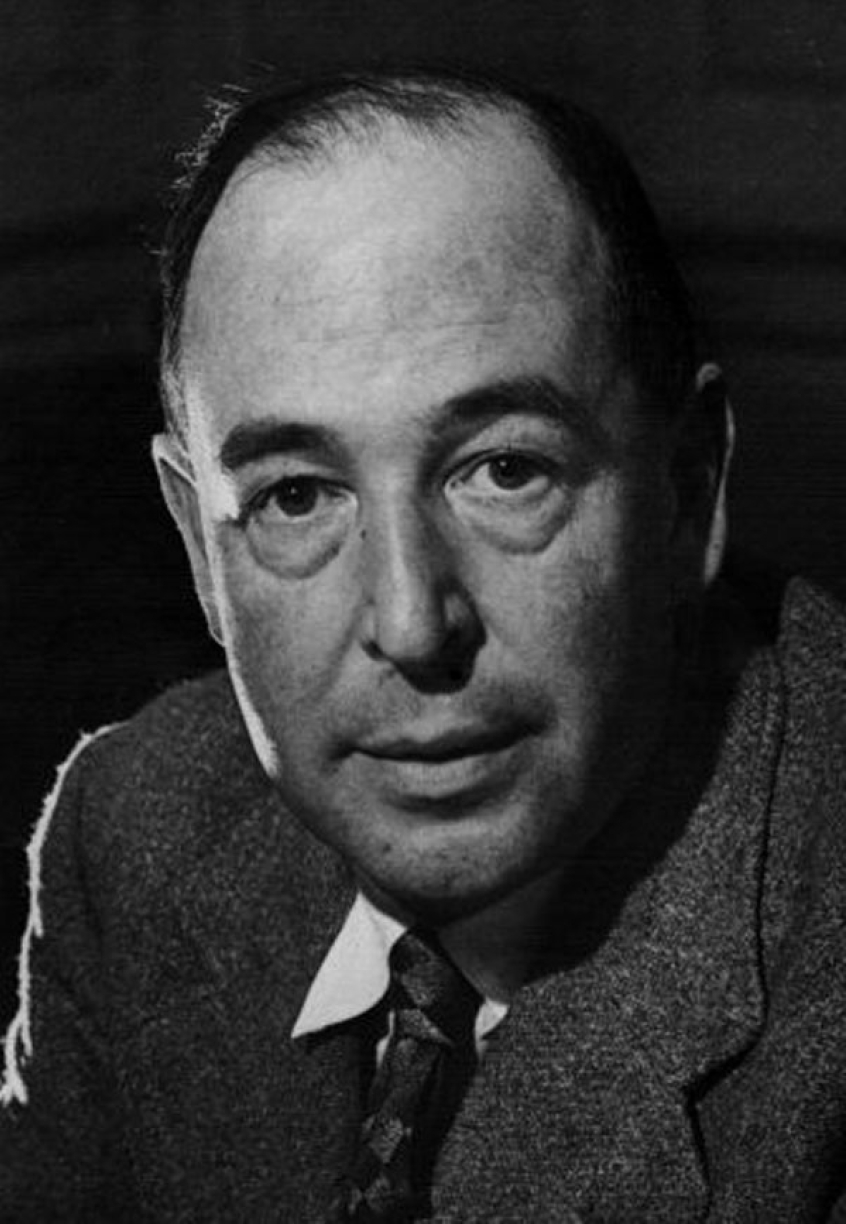It was reading C S Lewis' various defences of the Christian faith that was the last step in my 'yes' to God. Lately I have begun to wonder whether Lewis was the last of his kind? Was he the last apologist to truly speak to the nation?
There are good reasons why Lewis had, and has, such impact. Of course, he writes beautifully, but he thinks beautifully as well. He asks difficult questions. He uses analogy quite brilliantly. He never dumbs down, but equally he is approachable with a little work on the part of the reader. His writing is full of insights like the fact that there is no such thing as an ordinary person – we are all immortals. This is more than an argument of the mind – it is an unexpected insight that can shape a worldview.

Perhaps one advantage he has is that he seems so human. In A Grief Observed, admittedly published during his lifetime under a pseudonym, we get the man as well as the writing. That's what we sometimes miss with more modern 'intellectual' apologists. His common touch was sharpened during the war on his visits to airbases discussing faith with those about to risk their lives. His style changed during this time and he learned valuable lessons about clarity, naturalness and finding a voice that worked. He said as much himself.
He had the advantage of not being a professional 'apologist' which meant he wasn't heavily invested either financially or in terms of his reputation in his apologetic work. Lewis was a literature specialist. Today's apologists sometimes have organisations to keep funded and books that generate income. Lewis gave most of his money away. He simply wasn't polluted by the need to be a brand or to generate income. This gave him and still gives him a kind of integrity that money, literally, can't buy. In this he shares much in common with the other great semi-modern apologist G K Chesterton who also did apologetics as a kind of passionate hobby. Chesterton wins out with his wit, Lewis with his insight.
The thing about Lewis was that he managed to be an approachable and a wise Christian voice. He never seemed factional. Much of today's apologetics is simply too high brow, too tailored to debating with opposition academics and scoring points in set-piece debates. Lewis' style and medium were at once popular and academically rigorous. He seemed able to answer the kind of questions that people had and stretch them.
My lament is that despite many fine minds at work in the field of Christian apologetics, none quite has the stature and reach of Lewis. Partly that is because of Lewis' unique genius and craft and his personality and approach. But perhaps the world has changed so fundamentally that even a modern-day Lewis would remain peripheral. Lewis was an apologist in a non-multi-channel age. It was perhaps easier to be heard when the broadcast channels were so limited and when the state broadcaster had such a monopoly and a privileged position as a truth-giver. Lewis' books and articles and radio appearances had a level of influence unheard of today in an era of fake and 24-hour news.
The culture Lewis was part off was still largely patrician and people expected and accepted the wise to have opinions that mattered. It would be tempting to say that those days are gone, but they are not. They are only gone in the field of faith, but not elsewhere – so perhaps there is hope if we could only find the right person and the right channel. David Attenborough is given public platform to talk into modern hearts and minds about the sheer wonder of the world we live in. He is a modern-day prophet and is extraordinary – quite different from the small mindedness of a Dawkins. Brian Cox does similarly. All is not lost.
The nearest we have come to a resurgence in apologetics was the flurry of interest after Richard Dawkins', The God Delusion.
Lewis answered every single letter people wrote to him (although he needed help as the task became overwhelming). He was a soft-touch for any old sob story. He loved animals. He was the most reluctant convert in Christendom – and perhaps this helped him as well. Only with a level of being a reluctant convert can we give full measure to the pros and cons of any argument – including ones about God.
I have read many many modern apologetic books. I spent a beautiful year studying the subject at Wycliffe Hall, Oxford. Some of the books are really good, but none of them are as good as the work of C S Lewis.
Perhaps it comes down to the issue of truth. Lewis' faith was hard-won. He struggled with it. He ran away from it. But when he finally had the truth he dedicated himself to explaining it and helping others on the journey (something shared by today's Alister McGrath). What comes through is his compassion and perhaps that's what's most missing from our modern Christian apologists.
Rev Steve Morris is the parish priest of St Cuthbert's North Wembley. Before being a priest he was a writer and ran a brand agency. In the 1980s he tried to become a pop star. Follow him on Twitter @SteveMorris214













